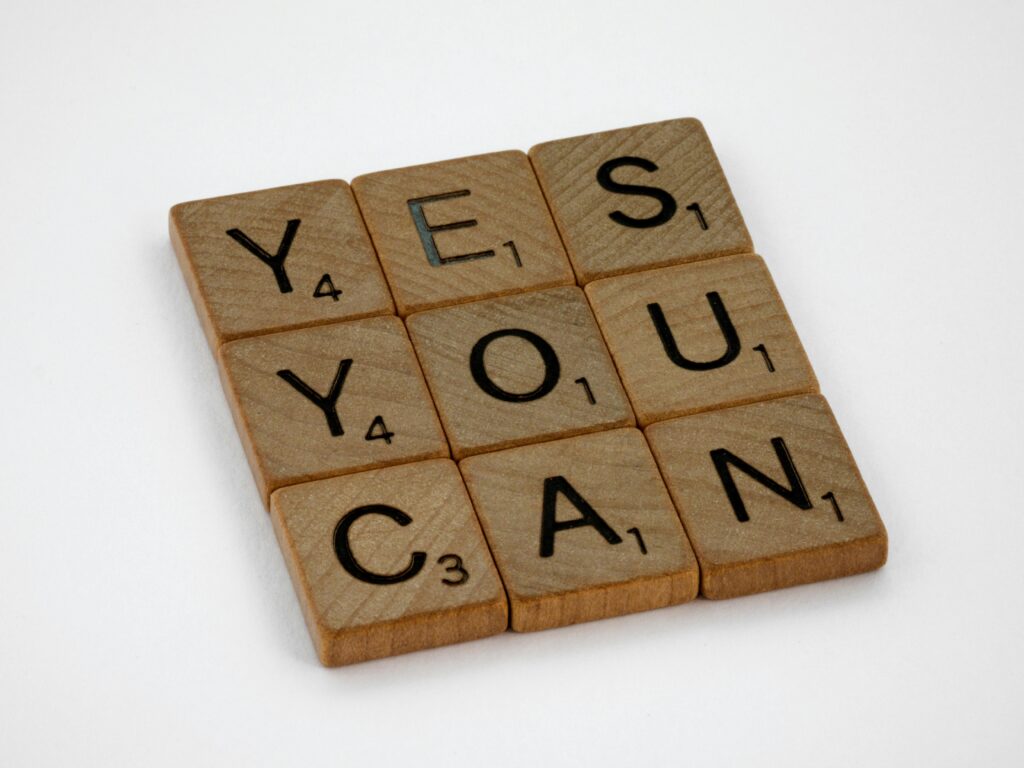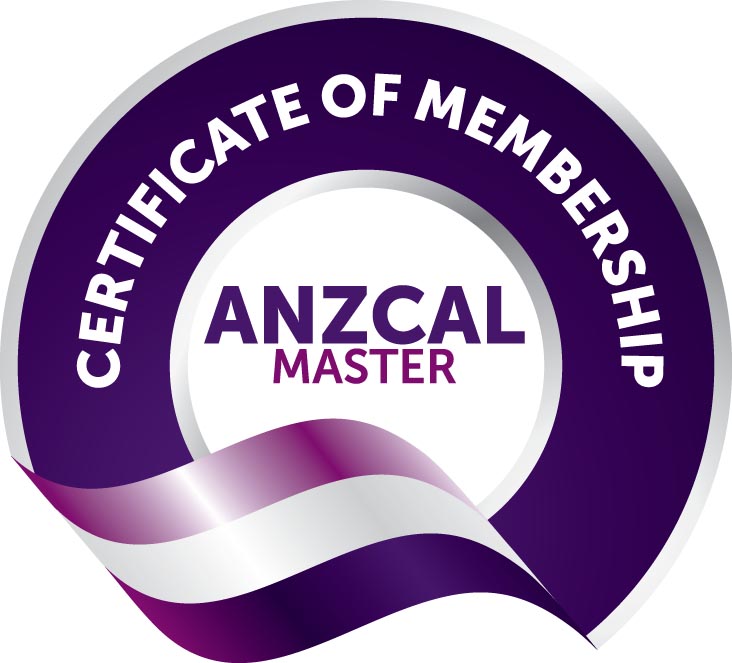As a teacher, the demands on your time and energy can feel endless. From lesson planning to extracurricular commitments, it’s tempting to say “yes” to every request. However, constantly overcommitting can lead to stress, burnout, and diminished performance. Learning how to say “no” is not only a valuable professional skill but also essential for preserving your mental health and well-being.
Why Saying “No” Is Challenging
For many teachers, saying “no” feels uncomfortable. Here’s why it’s often so difficult:
- Fear of Disappointing Others: Teachers often worry that declining a request might upset colleagues, administrators, or students.
- The “Good Teacher” Myth: There’s a pervasive belief that exceptional teachers should handle everything thrown their way, no matter the personal cost.
- Pressure to Go Above and Beyond: Many educators feel an unspoken obligation to volunteer for extra duties, whether it’s covering a class, mentoring a new teacher, or joining committees.
While these concerns are valid, always saying “yes” can leave little room for self-care and lead to resentment or exhaustion over time.
The Benefits of Saying “No”
Setting boundaries isn’t selfish—it’s a way to ensure you’re at your best for yourself, your students, and your colleagues. When you say “no” to things that drain your energy, you create space for tasks and activities that truly matter. Benefits include:
- Reduced Stress: By limiting commitments, you have more time to recharge and avoid feeling overwhelmed.
- Improved Focus: Fewer distractions mean you can dedicate your attention to high-priority tasks, like teaching and personal growth.
- Sustainable Energy: Protecting your time allows you to maintain long-term passion and enthusiasm for your work.
How to Say “No” Gracefully
Declining a request doesn’t have to feel awkward or rude. With a little practice, you can say “no” in ways that are respectful and clear:
- Be Polite but Firm
Use language that acknowledges the request but sets clear boundaries. For example, “I appreciate you thinking of me for this, but I’m unable to take on more right now.” - Offer Alternatives
Suggest someone else who might be better suited for the task or offer a different solution. For instance, “I can’t lead this project, but I can help brainstorm some ideas during the next meeting.” - Set Clear Limits
Know your priorities and stick to them. For example, “I’ve committed to focusing on my classroom responsibilities this term, so I won’t be able to join the committee.” - Practice Saying No
Rehearse responses for common requests so you feel more confident when the situation arises. - Use a Delayed Response
If you’re unsure, ask for time to consider. This allows you to evaluate whether the request aligns with your priorities. For example, “Let me think about this and get back to you.”
The Long-Term Impact of Boundaries
Say ‘yes’ to your health
When you say “no” to tasks that overextend you, you’re saying “yes” to your health, your passions, and your core teaching responsibilities. Clear boundaries create a healthier work-life balance and help prevent burnout.
Remember, being an effective teacher doesn’t mean doing everything. It means doing what matters most with focus and energy. By learning to protect your time and mental health, you set an example for your students and colleagues while ensuring a sustainable and fulfilling career.
© Gaynor Clarke, January 2025
Don’t wait to take care of yourself. Your wellbeing matters. Enrol in our course today:
Teacher Wellness First: A Wellbeing Guide for Early Childhood Leadership Success
Gaynor Clarke
B.Ed (Teaching), Cert Tertiary Teaching, PGDip Ed, MEd Leadership
Reach. Teach. Lead.
Reach Education Ltd
Teacher Leadership Mentoring and Life Coaching. Personal and Professional Development.
Gaynor is a teacher educator and mentor facilitating personal & professional leadership wellbeing outcomes for teachers.
If you are an early childhood teacher or leader looking to enhance your leadership skills, I would love to work with you. As a leadership mentor and coach, I specialize in helping early childhood educators develop their leadership potential and make a positive impact for the ākonga they serve. If you are interested in learning more about my leadership mentoring services, please visit my website or contact me directly to schedule a consultation. I would love to work with you!








Leave a Comment
You must be logged in to post a comment.